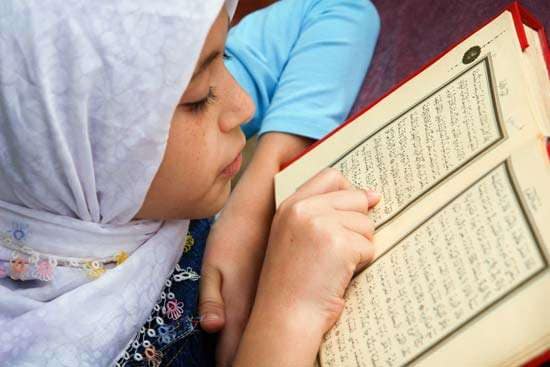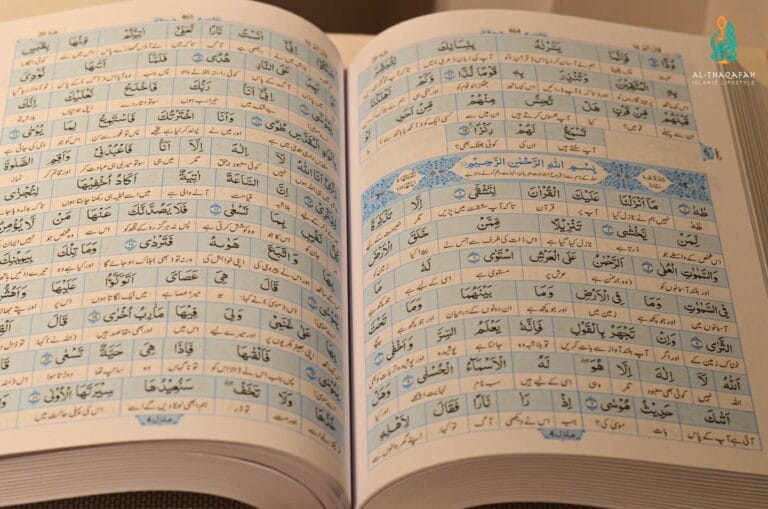Bridging Language Barriers in Islamic Studies
The Quran, as the divine revelation in Islam, was revealed in Arabic, a language deeply embedded in its message, rhythm, and eloquence. However, millions of Muslims and scholars worldwide do not speak or understand Arabic fluently, making Quran translation essential for bridging language barriers in Islamic studies. Accurate translation allows people to access the Quran’s wisdom, guidance, and teachings while preserving its core meanings. However, translating the Quran is not simply a linguistic task—it requires deep cultural, theological, and contextual understanding. In this article, we will explore the significance of Quran translation, the challenges it presents, and how it plays a vital role in making Islamic knowledge accessible to all.
The Importance of Quran Translation in Islamic Studies
1. Enhancing Understanding of Islamic Teachings
For non-Arabic speakers, translations help clarify Islamic principles, ethics, and laws derived from the Quran. A well-translated Quran provides insight into:
- The concept of Tawheed (Oneness of God)
- Prophetic teachings and stories
- Moral and ethical guidance
- Laws related to worship, social conduct, and justice
Without translation, non-Arabic speakers might struggle to grasp these fundamental aspects of Islam, leading to potential misunderstandings or reliance on secondary interpretations.
2. Promoting Inclusivity and Accessibility
Islam is a universal religion, and its message is intended for all of humanity. Quran translations enable people from diverse linguistic and cultural backgrounds to connect with the Quran’s teachings. This accessibility ensures that individuals, regardless of their mother tongue, can seek guidance directly from the Quran rather than relying solely on scholars or secondary sources.
3. Facilitating Academic and Interfaith Dialogues
Quran translations play a crucial role in academic research and interfaith discussions. Scholars from various fields—history, philosophy, linguistics, and religious studies—use translations to explore:
- The Quran’s impact on civilizations
- Comparative religious studies
- Ethics, law, and spirituality in Islam
Interfaith dialogues between Muslims and followers of other religions often rely on translations to foster better mutual understanding and respectful discussions.
Challenges in Quran Translation
While Quran translation is crucial, it comes with challenges that require careful handling to ensure accuracy and authenticity.
1. Preserving the Original Meaning
The Quran’s Arabic is rich in linguistic nuances, metaphors, and rhetorical styles that are difficult to replicate in other languages. A word in Arabic can have multiple meanings depending on context, making direct translation challenging.
Example: The Arabic word taqwa is often translated as “fear of God,” but it also means “consciousness of God” or “piety,” which carries a broader spiritual significance.
2. Maintaining Poetic and Linguistic Beauty
The Quran’s unique style includes rhythmic verses, wordplay, and eloquence, which contribute to its impact. Many translations struggle to preserve this artistic beauty, often prioritizing meaning over literary style.
3. Differences in Interpretation
Islamic scholars may have varying interpretations of certain verses based on historical context and linguistic analysis. These differences can result in variations among translations. Some translations lean toward literal meanings, while others adopt a more explanatory or interpretative approach.
Example: The word Jihad is often misunderstood in translation. While some translations emphasize “holy war,” a more accurate interpretation includes spiritual struggle and striving for righteousness.
4. Cultural and Linguistic Limitations
Some concepts in Arabic have no exact equivalent in other languages. Translators must choose words carefully to avoid distortion or misrepresentation of the Quran’s message. Additionally, cultural biases can sometimes influence translations, leading to inconsistencies.

Major Quran Translations and Their Impact
Numerous scholars and institutions have contributed to Quran translations worldwide. Some of the most recognized and widely used translations include:
- Sahih International (English) – A simple and clear translation widely used in Islamic studies.
- Abdullah Yusuf Ali (English) – One of the most detailed translations, including commentary and historical context.
- Muhammad Marmaduke Pickthall (English) – A faithful yet slightly archaic translation.
- Muhammad Asad (English) – A philosophical and contextual interpretation.
- Muhammad Taqi-ud-Din Al-Hilali & Muhammad Muhsin Khan (English) – Includes extensive commentary based on hadith.
- Translations in Urdu, Persian, Turkish, and other languages – Localized translations that cater to non-Arabic speaking Muslim populations.
Each translation serves different audiences, emphasizing clarity, authenticity, and ease of understanding.
The Role of Technology in Quran Translation
With advancements in technology, digital tools and AI-driven translation software have made Quran translations more accessible than ever before. Some key developments include:
1. Online Quran Translation Platforms
Websites like Quran.com, AlQuran Academy, and Tafsir.com provide digital access to multiple translations with side-by-side comparisons, helping readers analyze different interpretations.
2. AI-Powered Translation Tools
Artificial Intelligence is being used to refine translations, offering:
- Real-time translation of Quranic verses
- Audio recitations with translations in multiple languages
- Interactive Tafsir (Exegesis) for deeper understanding
3. Quran Apps and Digital Libraries
Mobile apps provide features such as:
- Word-by-word translation and pronunciation guides
- Offline access to multiple translations
- Searchable Quranic databases
These technological advancements have made Quran translations more accessible to a global audience, allowing users to explore the Quran in their preferred language anytime, anywhere.
Conclusion
Understanding Quran translation: Bridging language barriers in Islamic studies is essential for ensuring that the divine message of the Quran reaches all people, regardless of their linguistic background. While translations play a crucial role in making Islamic knowledge accessible, it is important to recognize the challenges involved and choose authentic, well-researched translations. With the help of technology, Quran translation continues to evolve, making it easier for students, scholars, and general readers to engage with the Quran’s teachings.
To deepen your understanding of the Quran, explore reliable translations, study Tafsir (interpretations), and, if possible, learn basic Arabic to appreciate the beauty and depth of the original text. The journey of Quranic knowledge is lifelong, and with the right resources, anyone can connect with its profound wisdom.



Leave Your Comments